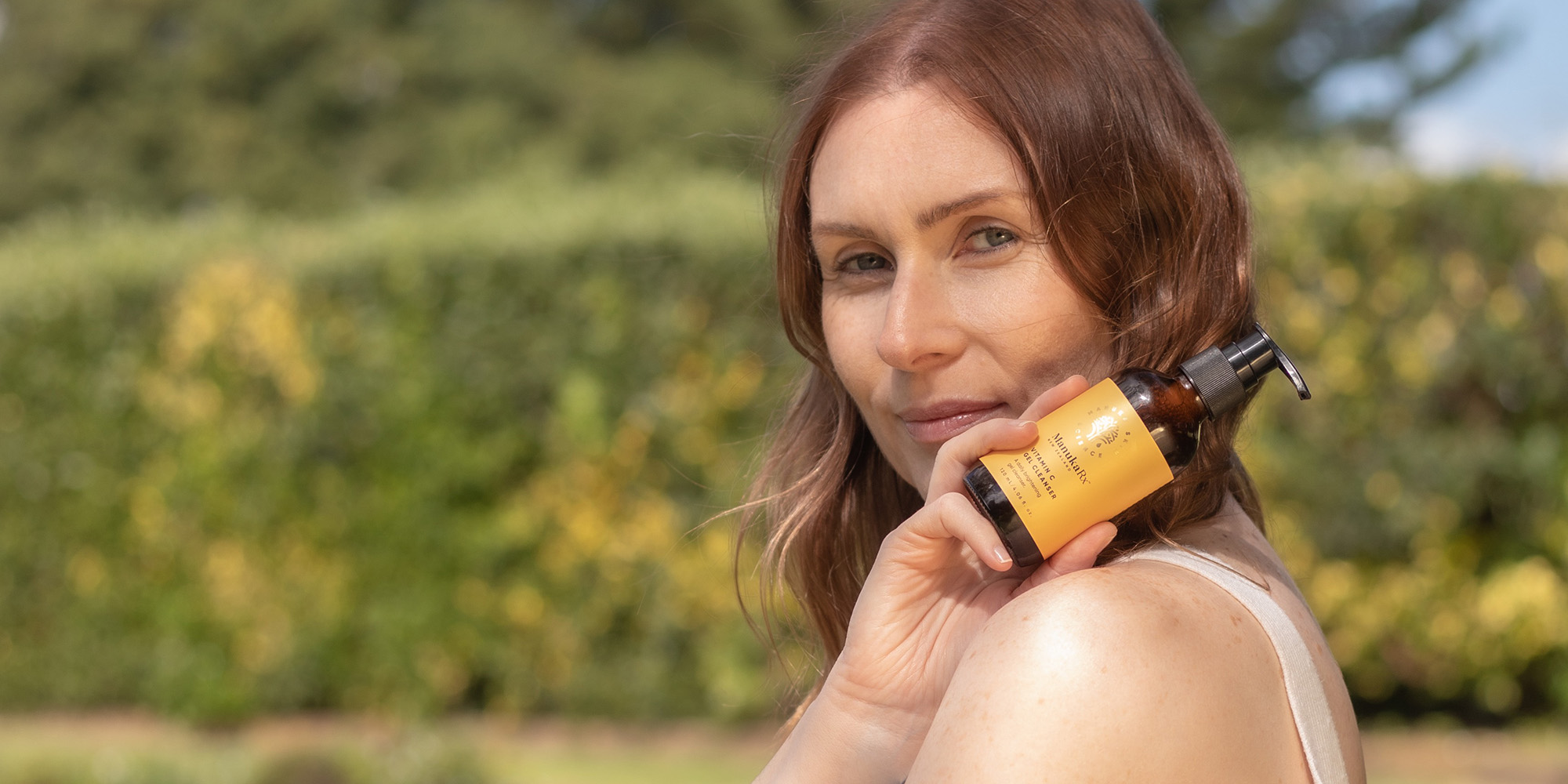
Leveraging Manuka Oil’s Therapeutic Benefits For Skincare, New Zealand’s ManukaRx Plots US Expansion
New Zealand skincare brand ManukaRx is set to expand to the United States over the next year while it deepens its presence in its home country.
“We want to grow steadily, but we have big goals further down the line,” says Rebecca Anne Hunter, marketing director for ManukaRx. “The next three years will be about getting the brand to a place turning over NZ$6 or NZ$7 million [roughly $3.7 million to $4.3 million at the current exchange rate]. After that, we’ve got really good foundations in place, and that’s when we think a lot can happen.” In fiscal year 2022, the brand hit about $1.2 million in sales.
ManukaRx offers a range of natural products featuring native Manuka oil extract harvested by parent company Manuka Bioscience on the East Cape of New Zealand using sustainable methods and distilled in collaboration with the indigenous Māori community. Through 2027, ManukaRx is forecasted to account for 40% to 50% of Manuka Bioscience’s business.
The company describes itself as the biggest global producer of Manuka oil. Manuka honey and Manuka oil are derived from the same plant. Manuka is a shrub referred to as New Zealand tea tree. An essential oil, Manuka oil is distilled from the plant’s twigs, leaves and bark.
In addition to ManukaRx, Manuka Bioscience has a skincare brand called 3K+ and sells manuka oil to cosmetic and pharmaceutical manufacturers. Founded in 2016 by Stuart Cairns and Nick Coughlan, the company recently raised about $2.4 million on the equity crowdfunding platform Snowball Effect, where it touted manuka oil as being 20 to 30 times more effective than tea tree oil in fighting bacteria that causes skin diseases.
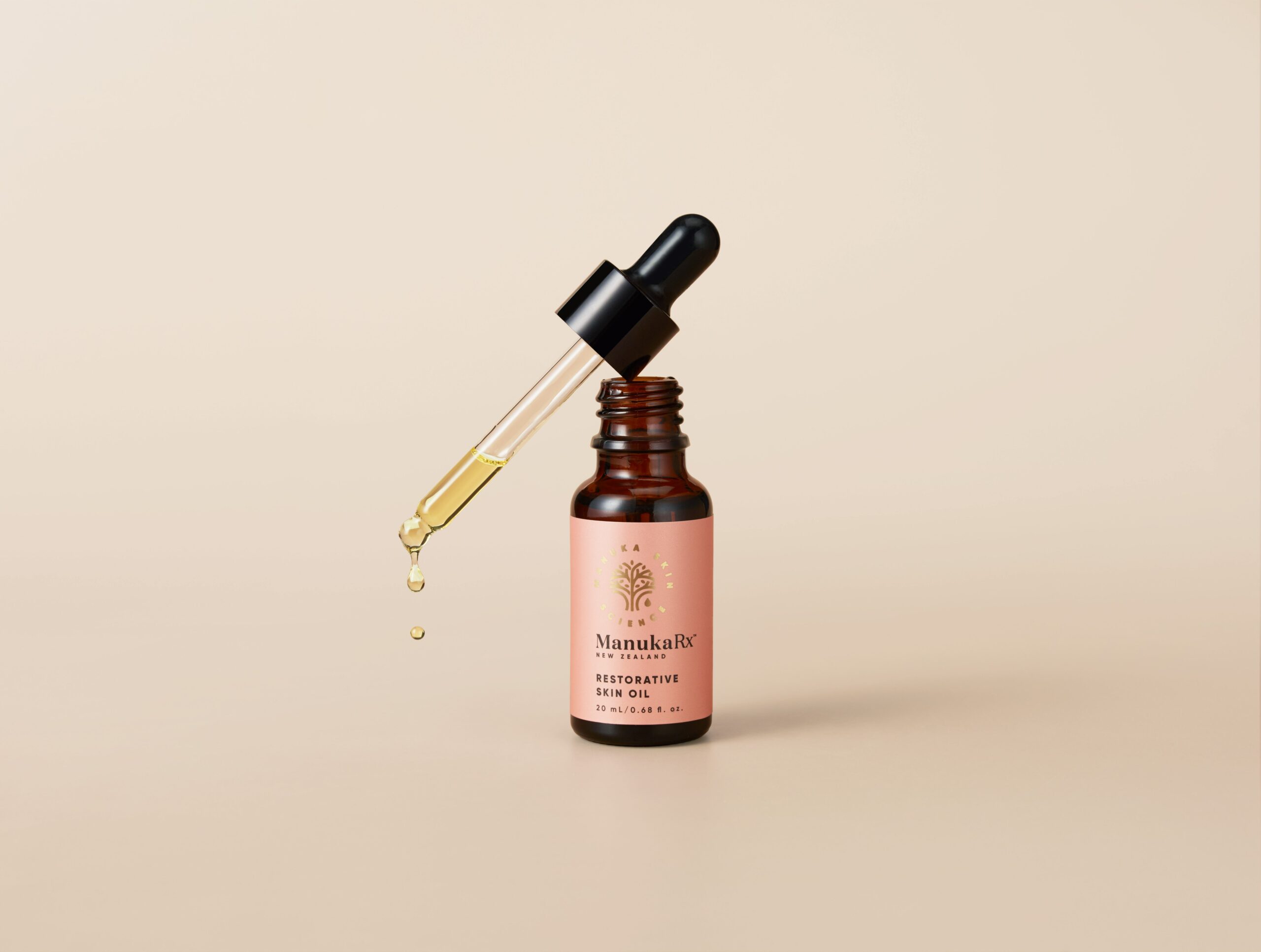
In its formulas, ManukaRx combines Manuka oil extract with ingredients like vitamin C-rich kakadu plum extract and rose hip oil. The brand is available for purchase online worldwide and in New Zealand and Australia at spas, pharmacies, wellness destinations and general merchandise retailers, notably beauty and fashion chain Farmers. It’s sold 189,000-plus products to over 42,000 customers in New Zealand and Australia.
ManukaRx’s products, including bestsellers Skin Rescue Treatment, Restorative Skin Oil, Firming Day Cream and Extra Gentle Cleansing Soap, are divided into four collections—Everyday Care, Collagen Restore, Acne and Blemish Care, and Brightening—targeting regular skincare needs. Collagen Restore accounts for 80% to 85% of the brand’s sales.
Manuka Bioscience has been busy patenting intellectual property from its research on manuka oil in the markets it operates. Hunter says, “In the future, we see the creation of our patented ingredient combinations for therapeutic concerns such as eczema and impetigo as a huge revenue driver for the business.”
It’s been busy preparing for building sales in the U.S., too. “A lot has been involved, from changing packaging to establishing the right terminology to make sure [products are] compliant,” says Hunter, pointing out that, for example, readying for U.S. expansion led ManukaRx to change the name of its Pro-Ageing collection to Collagen Restore because the former could be considered a medical claim in the U.S. She adds that terms related to anti-aging have lost lost traction among many of the ManukaRx’s global consumers as attention has turned to maintaining skin health and away from stigmatizing aging.
“If we can scale the business and make manuka oil known globally, that really has the opportunity to transform a region of New Zealand that’s incredibly lacking in financial support at the moment.”
ManukaRX is taking a state-by-state approach to its U.S. rollout, starting on the East Coast. The plan is to couple direct-to-consumer distribution with select brick-and-mortar stores. ManukaRx will target the specialty retail and pharmacy channels in the U.S., where it has confidence it can reach its primary audience of women aged 45 years old and above. Hunter explains, “Where our customers are is more in the pharmacy channel. It also goes back to the ingredient. We’ve got manuka oil, which really is therapeutic in itself and which lends itself to that pharmacy route.”
Manuka Bioscience’s research distinguishes ManukaRx. “Moving forward, we’re looking into ways in which we can do a lot more science,” says Hunter. Specifically, she shares the company is upping its investment in clinical trials resulting in harder ingredient claims.
In June, Manuka Bioscience finalized the second phase of a clinical trial on eczema and its patented ingredient blend ECMT-154. The six-week trial involved 118 adults with moderate to severe eczema and testing their reactions to topical gel applications twice daily. In July, the company completed a pediatric eczema study involving a cohort of around 50 participants under the age of 12.
The focus now is determining the commercial claims that can be made given the trial results and deciding what further studies should be conducted to extend claims. Manuka Bioscience is looking at the study design and costs for a clinical trial supporting claims that manuka oil doesn’t contribute to antimicrobial resistance. Results may be harnessed for the company’s bulk manuka oil ingredient business, a segment that represents 30% of its revenues.

Manuka Bioscience aims to achieve B Corp status by the end of this year, an important push for a company dedicated to creating a positive impact with its star ingredient. The company has planted some 5 million manuka trees and generated jobs for local workers in the isolated East Cape area. Hunter says, “If we can scale the business and make manuka oil known globally, that really has the opportunity to transform a region of New Zealand that’s incredibly lacking in financial support at the moment.”
Barbara Olioso, formulator and managing director of United Kingdom-based The Green Chemist Consultancy, says manuka oil is well-known in aromatherapy for its antiviral properties, but hasn’t gained as much recognition in the skincare category. She says, “In skincare, it is not as popular as tea tree oil, but I believe it has far greater potential as it has interesting properties and a pleasant aroma.”
Olioso remarks that manuka oil’s versatility makes it “on-trend” for a modern beauty industry gravitating to multifunctional active ingredients. She concludes, “I believe the greatest potential of manuka oil is for acne-prone skin, but it will be interesting to see more data coming out about this natural wonder.”

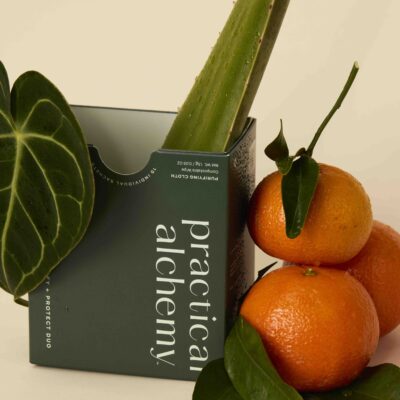
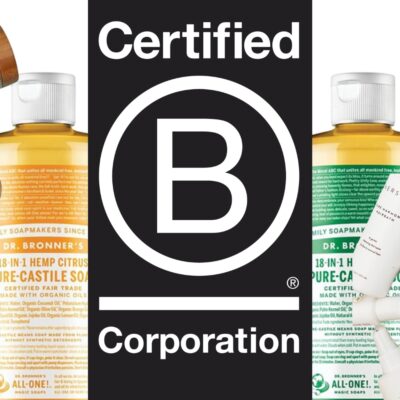
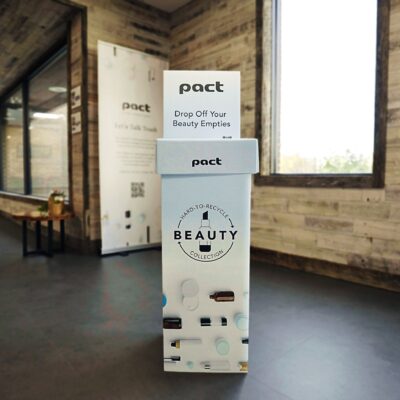

Leave a Reply
You must be logged in to post a comment.